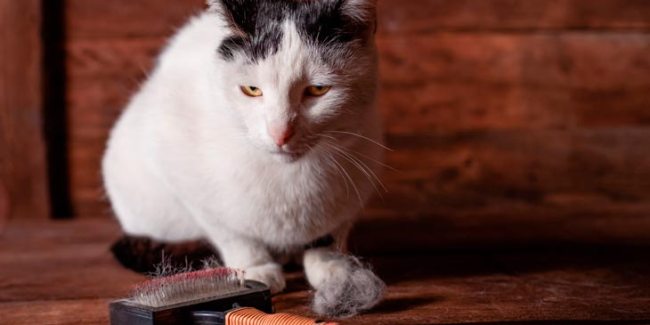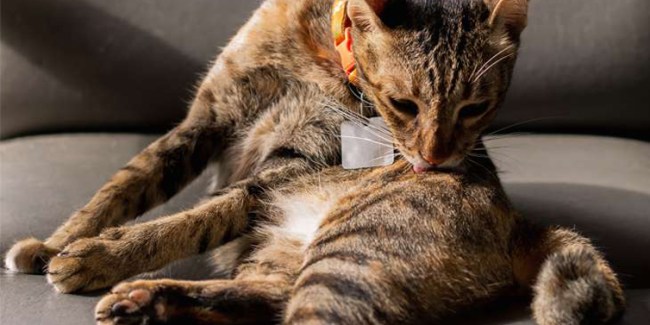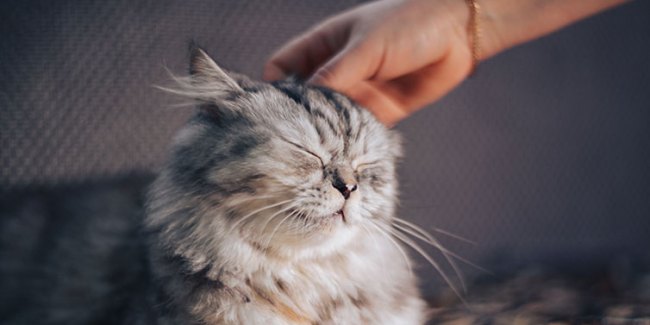Spaying and Neutering: The Myths and the Truth
Most owners of puppies and kittens are faced with the decision as to whether they should have their baby spayed or neutered. Spaying is when a female’s uterus and ovaries are removed and neutering is when a male’s testicles are removed.
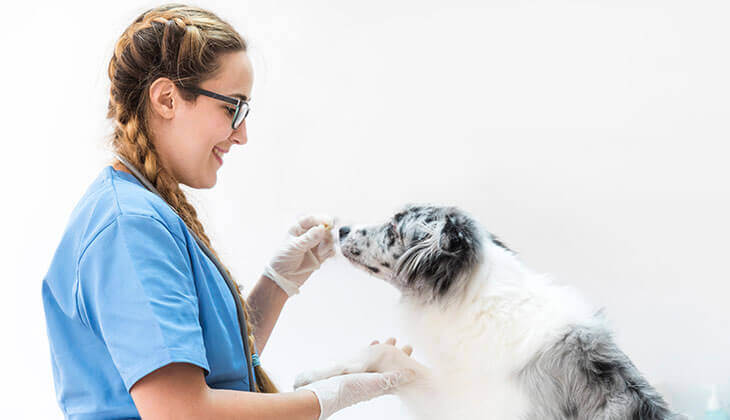
The Benefits
Most veterinarians and experts agree that there are many benefits to having your dog or cat spayed or neutered:
- Health benefits to your cat or dog include less chance of your pet contracting certain cancers and problems with the reproductive system.
- Your pet may live longer.
- Undesirable behaviour issues, such as wandering, aggression and mating behaviours may be reduced.
- The reduction in mating behaviours may, in turn, reduce other cancers which are transmissible certain infections and injuries.
- Neutering and spaying of both dogs and cats reduces the number of abandoned, unwanted and euthanized pets which prevents overpopulation throughout the world.
The Myths
There are many myths surrounding spaying and neutering and pet owners are often reluctant to discuss these issues with their vet. Certain myths may also prevent pet owners from having their dog or cat neutered or spayed because of misconceptions. Let’s try to address some of these myths.
Don’t dogs, by nature, need a litter of pups to feel complete?
An innate tendency of human psychology is called ‘anthropomorphism’. This means when we project our own feelings and desires onto our pets. But pets do not have the same complex emotions that human beings have. There is no doubt that we love our pets and that they love us back, but we do not often share the same traits and feelings. Humans may long for children but animals do not long for litters. Also, there are no health benefits to breeding dogs or cats.
Won’t my dog or cat get fat if I have him/her neutered/spayed?
Hormonal changes after spaying or neutering may slow down a pet’s metabolism which goes with age. Spaying or neutering may contribute towards this. Weight gain is caused by many factors and for most pets the health benefits of spaying or neutering outweigh the risk of weight gain. Watching their diet and giving your pet opportunities for exercise is important whether they have been spayed/neutered or not.

Won’t my male dog be ‘less of a dog’?
This is another example of anthropomorphizing, or projecting human emotions and feelings onto our pets. There are some dog owners who worry that Dogzilla will lose his ‘manhood’ after being neutered, which is not the case.
Isn’t watching their pet give birth good for teaching children about the ‘birds and the bees’?
This may be a positive experience for some children but it is not sufficient reason alone to let your pet have puppies/kittens. Having and raising a litter is a costly business both in terms of finances and effort. You will also be faced with the job of finding the pups and kittens good homes. All unexpected costs and problems involved in finding each baby a loving home must be considered. There are other ways of teaching children about birth, including volunteering to help with an animal charity or watching some of the many excellent nature documentaries on television.
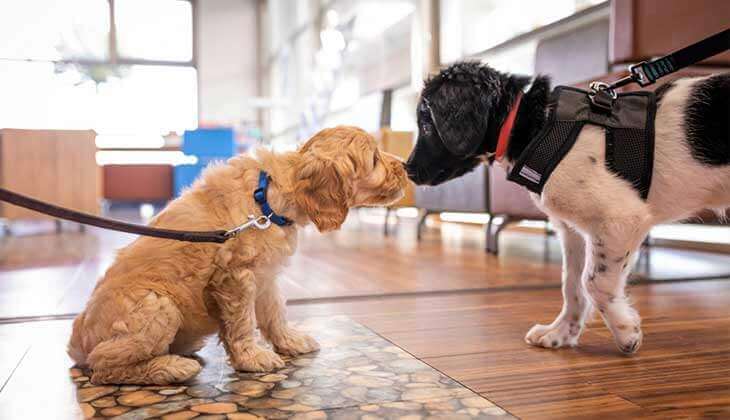
Won’t my dog’s/cat’s personality change after spaying/neutering?
In fact, undesirable behaviours such as roaming, fighting and urine marking – all associated with the quest for a mate – can be reduced or even eliminated by these surgeries. There is no reliable evidence of the impact of spaying and neutering on other behaviours. It is interesting to note that one of the most common reasons for giving up a pet to a rescue centre is because of behavioural issues; the majority of these dogs have not been spayed or neutered.
Can’t you make a lot of money from breeding?
Breeding can, in fact, be very expensive, depending on the circumstances. Litters in some small breeds can be small. Birth complications may require emergency medical intervention, including hospitalization and surgery, or caesarian section, especially for toy or short-nosed breeds. Finding good owners may not always be easy. There are high numbers of pets in some shelters waiting to be adopted.
Aren’t neutering and particularly spaying, very expensive?
Understandably, many cat and dog owners are concerned about the high cost of spaying and neutering surgeries, which prevents them from having these done. Some vets have special ‘packages’ and health credit plans, so it is worth asking about these in order to split up the costs of these procedures. Most animal rescues, shelters and animal welfare organisations offer spaying and neutering procedures at reduced costs.
How do I decide whether to have my pet spayed or neutered?
As we have seen, the benefits of spaying and neutering outweigh the disadvantages. Have a conversation with your vet who will advise you of the health benefits of these procedures for your pet, and for your peace of mind. He/she can also help you to decide the best time to have this surgery, as the optimum age for spaying/neutering is dependent on sex, age, temperament, health and environment.
ZA-NON-220200134

Subscribe to our Newsletter
Get to know your furry friend better! Sign up for all things dog- or cat-related.
The Hairy Facts about the dreaded hairball
12 April 2021
Help! My dog’s barking mad! Volume 2
12 April 2021
Your Itchy, Scratchy Cat – All About Cat Skin Problems
12 April 2021
The Dog’s Diet: A Bone of contention?
01 April 2021
Mango Fly Worms: How to Spot and Eliminate them
Posted on November 28,2019
Managing Mange And Mites In Your Dog
Posted on June 11,2018
Why Do Cats Purr and How? Learn What Your Cat Is Saying
Posted on October 14,2020
How to Get Rid of Ear Mites in Dogs
Posted on November 06,2019


